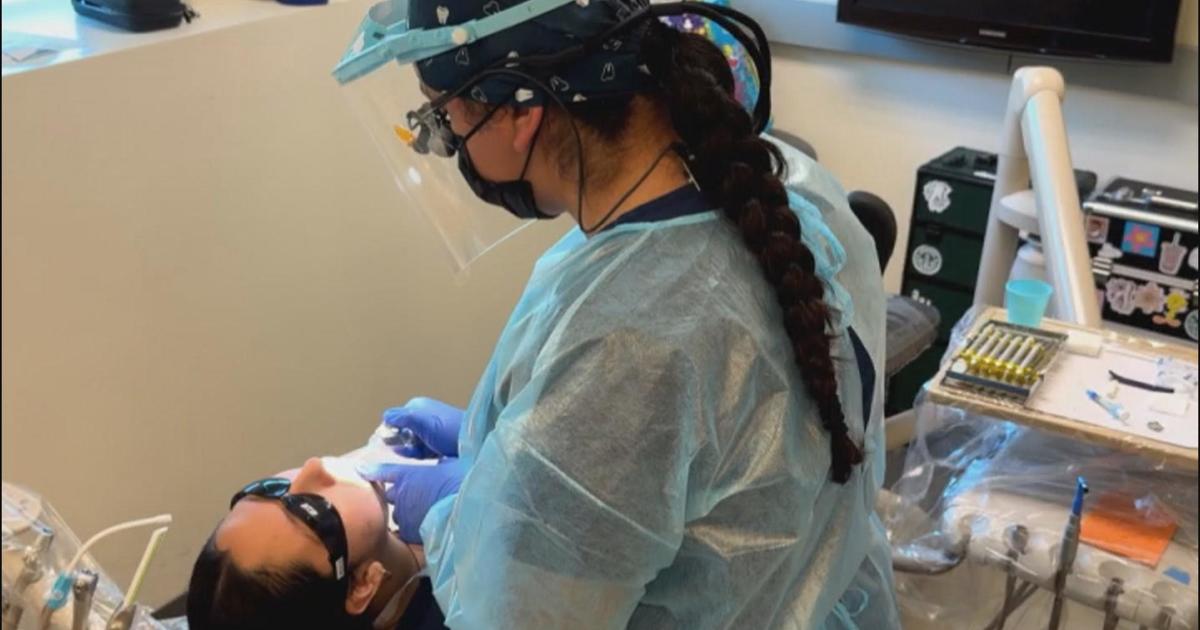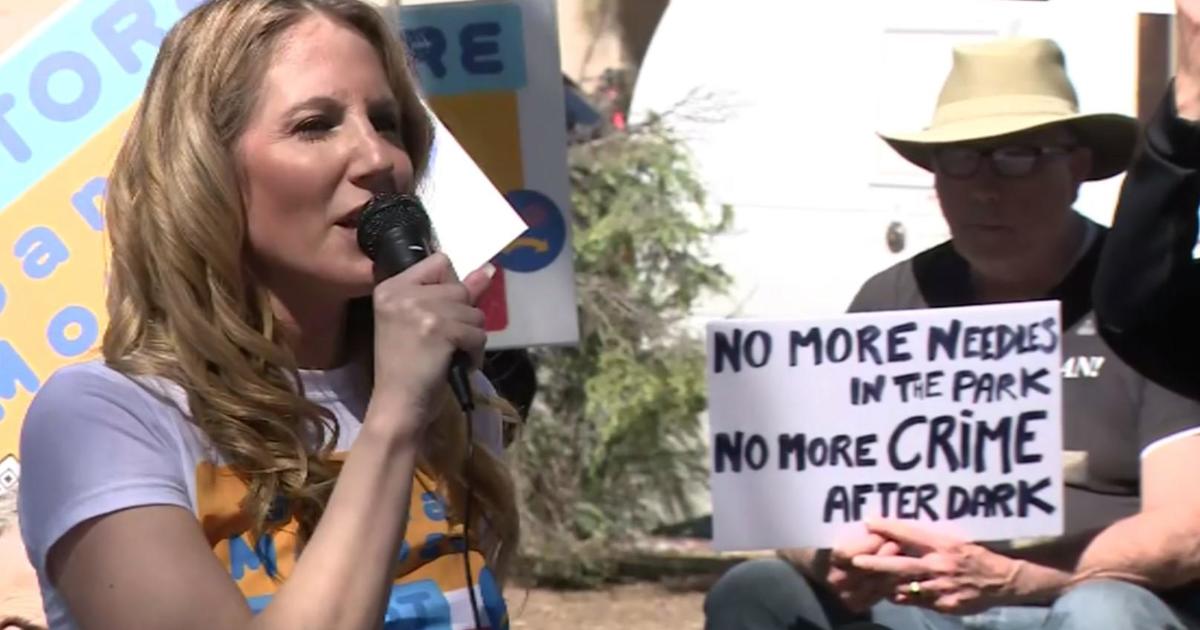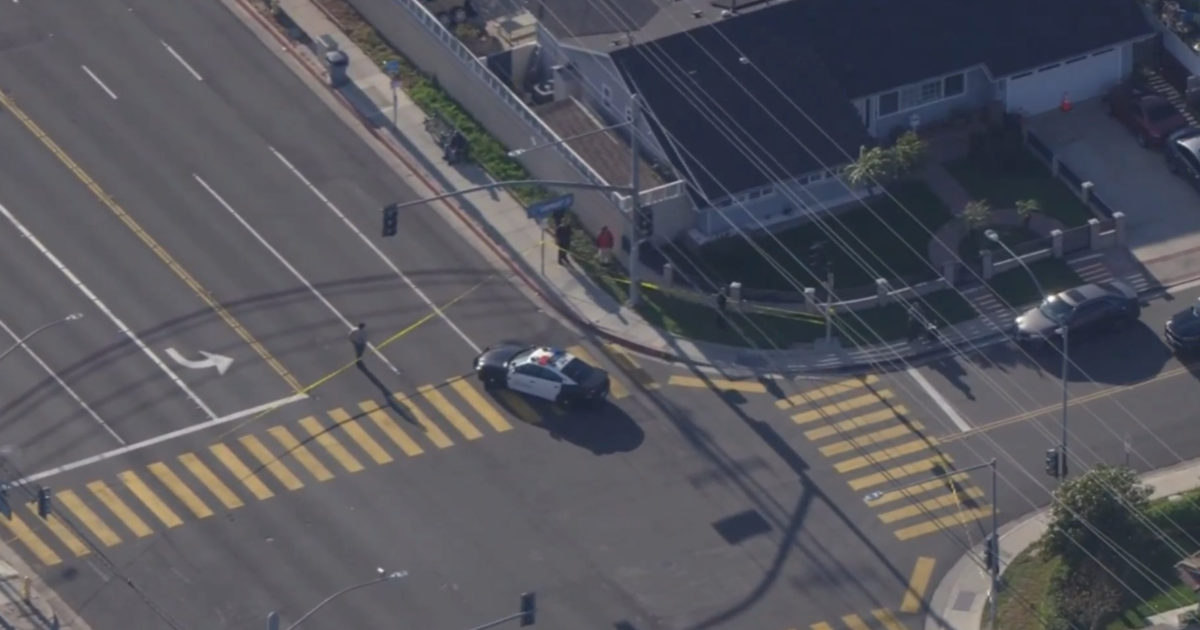The Fab Mom On 2: What If Your Kid Is A Bully?
By Jill Simonian
Bullying is a common and dirty word in the world of modern parenting.
How many times have you seen or read a report about the tragic effects of bullying online and in real life? According to the American Psychological Association, bullying is a mental health issue. The APA has identified bullying as a form of aggressive behavior in which someone intentionally and repeatedly causes another person injury or discomfort. Bullying can take the form of physical contact, words or more subtle actions.
The social action group for young people DoSomething.org additionally offers that physical bullying increases in elementary school, peaks in middle school and declines in high school. Verbal abuse, on the other hand, remains constant throughout school years.
What to do if your child is identified as a bully by another parent, a friend or a teacher? Consider these steps:
1. Accept it and stay calm. Assuming the person informing you is credible and honest, take the initial accusation at face value and acknowledge that it just might be possible. Be practical. Do not be in denial, as even the best kids can slip into unexpected behavior patterns. Just because your kid might be doing this now doesn't mean they will continue to do it. Which leads to ...
2. Listen to your child. Sit down with your child and tell them you've been informed that something is happening at school and ask questions to get their side of the story. Listen without anger in a sensitive way. Consider that your kid might be bullying others because they're emotionally hurting in some way. What is happening at school? Have there been big changes in family life at home? Are they struggling academically? Has there been a change in friendships? Then, set a firm tone of "Bullying is wrong, this is not what we do in our family." Also consider how your child sees how you interact with your spouse; kids learn how to communicate at home. Explain to your child that you're going to tackle this head on with them as a team to get back on track to being the great person they are.
3. Get involved immediately. Start with school: The teacher is your ally. Ask them to watch your kid closely and report back to you, to get the full story. (Note: Just because a teacher doesn't see it, it doesn't mean it's not happening. It's impossible for teachers to see all playground and after-school activity. Don't hesitate to explain your efforts and what you're trying to find out should they be unaware of it in the first place.) Communicate with the teacher, talk to the parent who may have accused your child of bullying and, if necessary, talk to the parent and their child with your child; make it very clear that you are aware of what's going on, not happy about it and want to solve the problem for the benefit of everyone. Be respectful and open about how bullying is not excusable and apologize for any and all hurt feelings and behavior. Next? Continue to monitor the situation. Tell your child that you will check in on them via the other child's family and the teacher. Don't apologize for doing the job of a parent or feel guilty for invading privacy. Psychologist Joel Haber via "Kids In the House" suggests taking extra notice of any positive behavior changes with your child and tell them, "Thumbs up ... that's the behavior you want to see from them." If things go a negative direction? Don't be ashamed or afraid to get help or professional guidance if bullying behavior continues or escalates; ask your school for referrals for family/child therapists if need be.
So, you've got a great kid. How can you prevent them from slipping into bully behavior in complicated social situations at school? Family therapist and author of "The Happy Kid Handbook" Katie Hurley often discusses the importance of teaching empathy, how learning empathy is the cornerstone for child happiness and respectful behavior toward others. Voicing "how would you feel?" reminders on an ongoing basis for arguments with siblings, outbursts on sports teams, etc., keeps the concept of empathy close to home and diminishes the chance that your kid might turn into the bully. Bringing attention to what bullying is in preschool and kindergarten and discussing openly how wrong it is as children progress through school will serve to keep their minds and emotions on the right track.
Jill Simonian is a Parenting Lifestyle Contributor and appears every Wednesday on CBS Los Angeles' 5pm News. Her personal blog is TheFabMom.com. Follow Jill on Twitter @jillsimonian and connect with her on Facebook.



